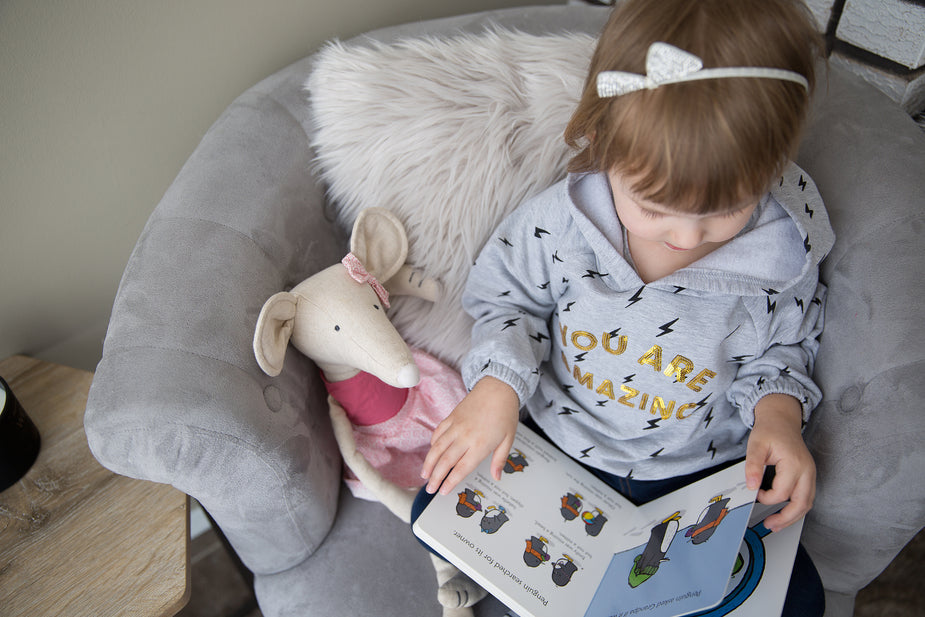Choosing the right learning materials for children is crucial in ensuring that they receive quality education. The materials should be age-appropriate and suited to the child’s level of development, interests, and learning style. The importance of selecting the best and appropriate learning materials cannot be overstated, as it has a direct impact on a child’s academic success and overall development.
Firstly, children learn best when they are engaged and interested in what they are learning. This means that parents and teachers must choose materials that capture the child’s attention and make learning enjoyable. If children are not interested in what they are learning, they may become disengaged, lose focus, and fail to retain the information.
Secondly, appropriate learning materials can also help children develop critical thinking skills. These materials encourage children to ask questions, analyze information, and develop hypotheses. They also promote problem-solving skills and help children understand how to apply what they have learned in real-life situations.
Thirdly, choosing the right learning materials can help children develop a love for learning. When children are engaged and interested in what they are learning, they are more likely to develop a passion for education. This passion can lead to lifelong learning and a desire to continue exploring new ideas and concepts.
Fourthly, appropriate learning materials can also help children develop a sense of independence and responsibility. When children are given the opportunity to choose their own learning materials, they learn to make decisions, prioritize tasks, and take ownership of their learning.
Fifthly, selecting the best learning materials can help parents and teachers save time and money. By choosing materials that are well-designed, comprehensive, and age-appropriate, parents and teachers can ensure that they are not wasting their time or money on materials that are not effective or engaging.
Finally, appropriate learning materials can also help children develop social skills. Materials that encourage group work, discussion, and collaboration can help children learn how to work with others and communicate effectively. These skills are crucial for success in both academic and professional settings.
In conclusion, selecting the best and appropriate learning materials for children is crucial for their academic success, personal development, and lifelong learning. Parents and teachers must take the time to choose materials that are engaging, age-appropriate, and suited to the child’s learning style and interests. By doing so, they can help children develop critical thinking skills, a love for learning, independence and responsibility, and social skills, among others.



